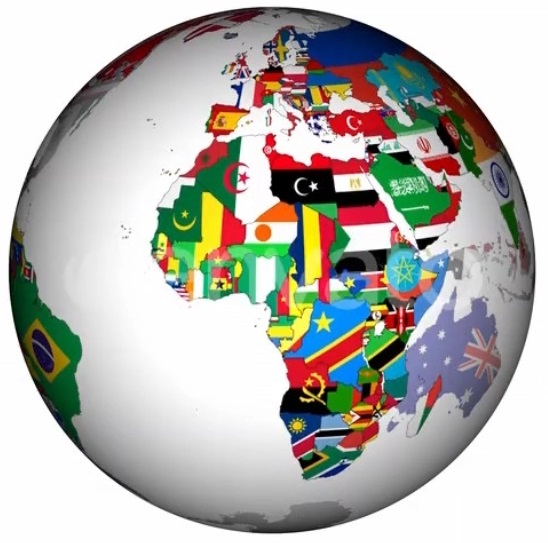What is a legal document translation?
Legal document translation is required when you have to use the official language of the pertinent jurisdiction, thus it covers a wide variety of texts. It can be used for translating identity documentation, financial documents, official reports, transcripts, filed patents, precedents, legal rulings and witness statements. Legal translation is also needed for immigration documents, litigation papers, articles of incorporation, wills and trusts. Legal translations are in some ways more complex than other types of translations because the translator must be fully acquainted with the legal terms of the target language.
Legal translation, like any other type of document translation, is the replacement of the source language with the target language. However, legal translation is different because the law is culture-dependent. It has to do with content and terms within the legal system prevailing in the country where the source document originated. As the world becomes more globalized, the need for legal translation escalates. Aside from the language barriers, the differences in legal systems make legal translation very complex.
Translations of contracts or commercial documents
The global economy no longer knows borders and language differences. Large companies, which operate in several countries, need permanent translation services in the legal field, to conclude similar contracts in different countries, for internal communication or for setting up files of branches in the countries in which they are expanding.
In commercial translations, the dangers that a translator must avoid hang on every word! Each term of the contract needs an exact translation and is applied to the laws of the country in which it must operate. No omission or paraphrase is accepted. Contracts govern commercial relations but they are also a resolution in case of conflicts, so each provision of the contract must be clear, well understood by both parties, following the legislation and the requirements of the signatory parties.
Translations for court or related to court decisions
For legal files, documents requested by the court, judgments and judgments, the professional translation agency usually works in collaboration with law offices. Only translators who have the experience and expertise to carry out the rigorous translations required in such situations will be accepted. As a rule, the translators designated in such projects have studied the law and know the laws very well; moreover, they have the necessary skills to apply the legal knowledge to each particular case. It should be added that translators in this field are not only subject to the legal provisions of the country in which they translate and of international law but must, in most cases, comply with a deadline imposed by the court.
Legal documents – immigration, notaries, wills or donations
In these cases, an additional requirement may be that the translation must be legalized. Only authorized translators, available through specialized translation and interpretation agencies, have this right. The responsibility of the translations – and therefore their rigour – is even greater, as the legalized documents are required throughout the world, for solving some official problems, guaranteeing, in essence, the entry into the legality of the holder of the apostolic act.
Financial documents – accounting, credit files or for auctions
In connection with the phenomenon of globalization of the economy, the need to translate the financial documents of a company increases. Ambiguous expressions, errors or misinterpretations do not have their place in the financial files. Wrongly translated documents become invalid or can lead to legal and financial complications.
It takes a professional legal translator to understand every detail, from the differences between units of measurement to the differences between accounting records concluded in different countries. Translation AZ is one of the fastest-growing translation agencies in the USA and we can help you translate your business into the language of your choice. We have expertise in various other translation services and language localization services for business, personal and government.
Translations from the field of intellectual or commercial property law
Patents, copyrights, trademarks are governed by specific laws. Translators in this field should have technical knowledge regarding the scope of inventions, for example, besides knowing the local and international legislation regarding the protection of intellectual property. Even if there are legal instruments to protect trade secrets, the confidentiality rules apply here. The translator has the obligation to respect his clients and the documents to which he has access and to keep the information secret.
Interpretation services with the authorities
In the legal field, interpreters are often asked to facilitate communication between persons of other nationalities and the institutions of the state in which they are located. These may be processes in which defendants or witnesses are speakers of other languages. Or there are situations in which persons of other nationalities need to enter into dialogue with the state authorities. Such situations have human implications, besides legal or judicial ones. Those in need of an intermediary to communicate, also need a reliable, competent and capable person to conduct a coherent and successful dialogue.
Conclusion
Legal translations can be difficult to undertake but translators play a critical role in all civilized societies. Because the law affects every area of our lives, from accepting a company’s terms and conditions when downloading software into your computer or into your smartphone to withdraw money from a cash machine, legal terms have many implications in our society.
With a team of professional translators of native languages, Translation AZ delivers the best quality for legal document translation services. Moreover, our internal structure allows us to maintain the consistency of translation for all the documents to be translated.











